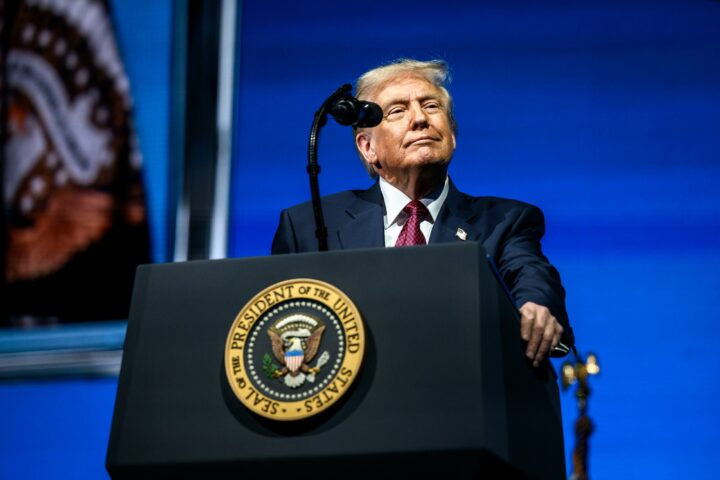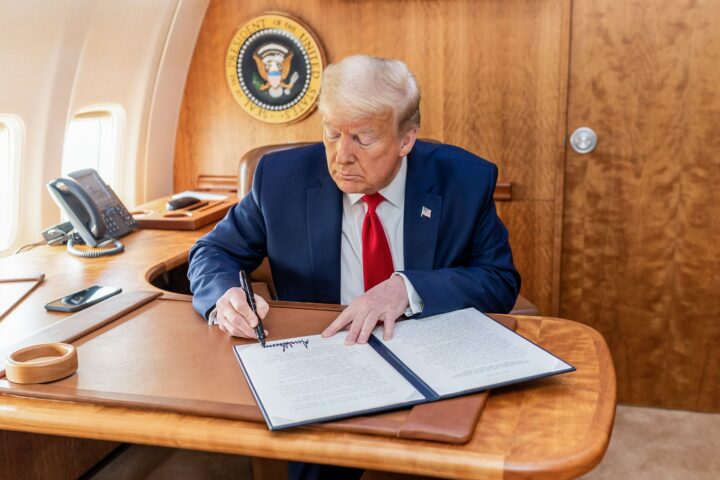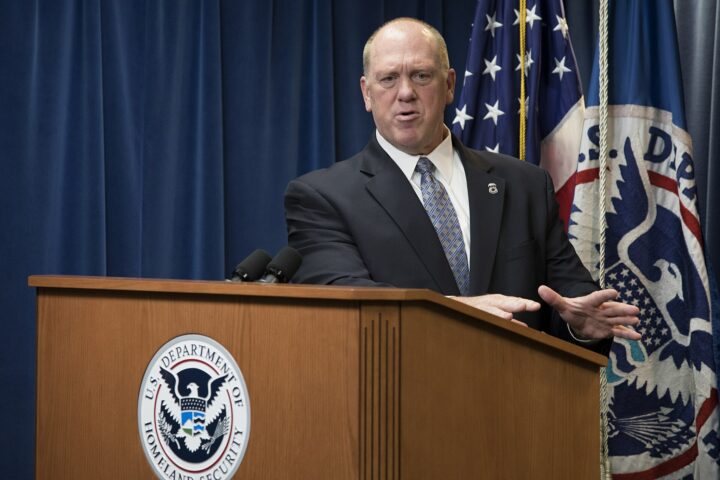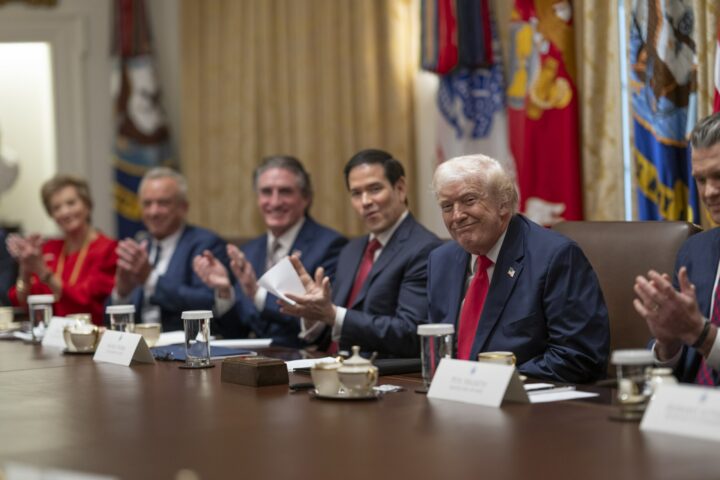As President Donald Trump approaches the 100-day mark of his second term, the Heritage Foundation is moving swiftly to transform many of his early executive orders into permanent law—a critical step, conservative leaders argue, to ensure that his agenda survives future administrations.
The influential think tank, working in concert with its advocacy arm, Heritage Action, has cataloged 100 key “victories” from Trump’s return to office, ranging from sweeping border security measures to national defense initiatives. Heritage Action is now engaged in an intensive campaign with congressional leaders to codify these achievements, wary that executive actions alone are vulnerable to reversal.
“We’ve been heavily engaged in drafting legislation to eliminate the Department of Education and dismantle DEI initiatives across the federal government,” Ryan Walker, Executive Vice President of Heritage Action told The Daily Caller. Chief among their proposals is the Dismantling DEI Act, a measure intended to hardwire Trump’s executive restrictions on diversity, equity, and inclusion policies into the fabric of federal law.
The stakes, Heritage leaders insist, could not be higher. Executive orders, however potent, are ephemeral instruments—subject to immediate nullification by a future president. True endurance, they argue, demands statutory reform. Although Trump has ordered the Department of Education to begin winding down operations, full dissolution requires congressional approval, since the agency’s existence is rooted in statute.
Heritage Action has aligned itself with influential Republican leaders—among them House Speaker Mike Johnson, Senate Majority Leader John Thune, and the Republican Study Committee chaired by Rep. August Pfluger—to accelerate legislative momentum. High-profile initiatives such as the Remain in Mexico Act and the Dismantling DEI Act are already circulating, with additional measures poised for introduction in the coming weeks.
Yet obstacles remain formidable. Senate Democrats have successfully blocked several initiatives, including legislation to safeguard women’s sports and impose sanctions on the International Criminal Court. With 60 votes required to overcome a filibuster, conservative leaders acknowledge that legislative victories will require either bipartisan cooperation or strategic patience.
Election integrity, too, remains a top priority, especially in light of Democratic-controlled states being criticized by election watchdogs. Heritage Action is rallying support for the SAVE Act, which would require proof of citizenship to register for federal elections—a measure conservatives view as essential to restoring public confidence in the electoral system.
“We’re confident that the House will pass nearly all of these priorities,” Walker said. “The real battle lies in convincing the Senate—and ultimately the American people—that these reforms are necessary and worth the political capital it will take to secure them.”
As Trump’s second-term agenda winds its way through a divided Congress, organizations like the Heritage Foundation are betting that the window to solidify these early gains will not stay open long—and that the durability of the America First project depends, ultimately, not on executive orders but on the slow, hard work of legislating them into law.








